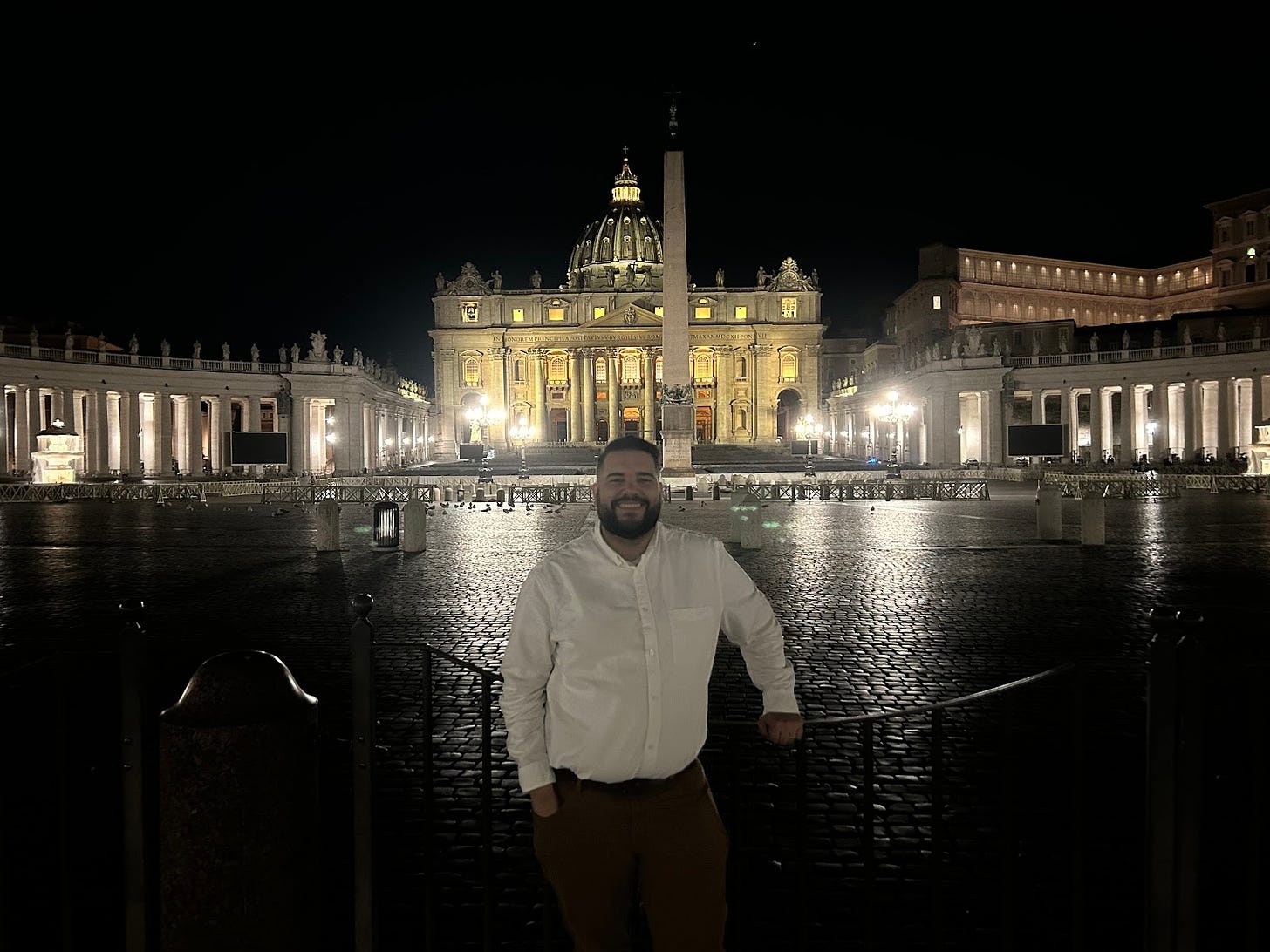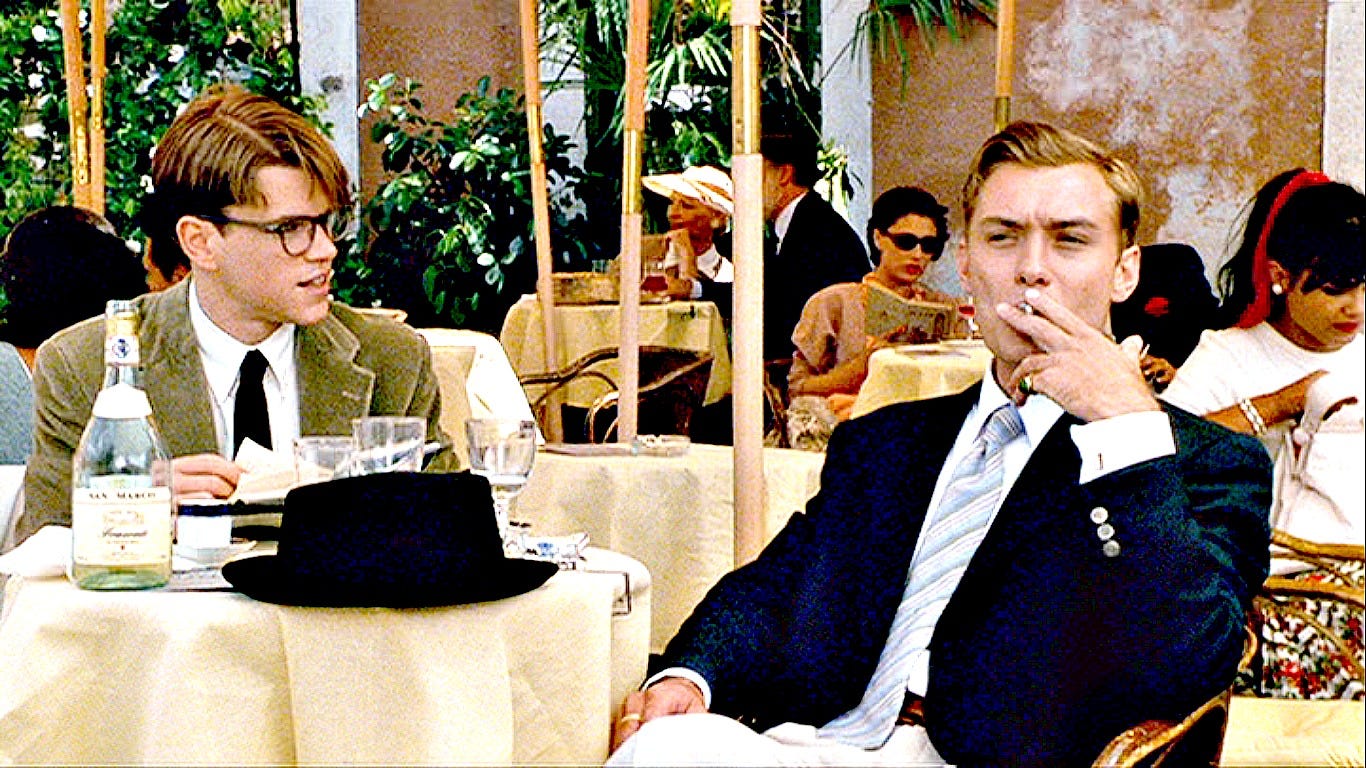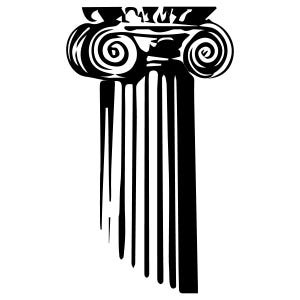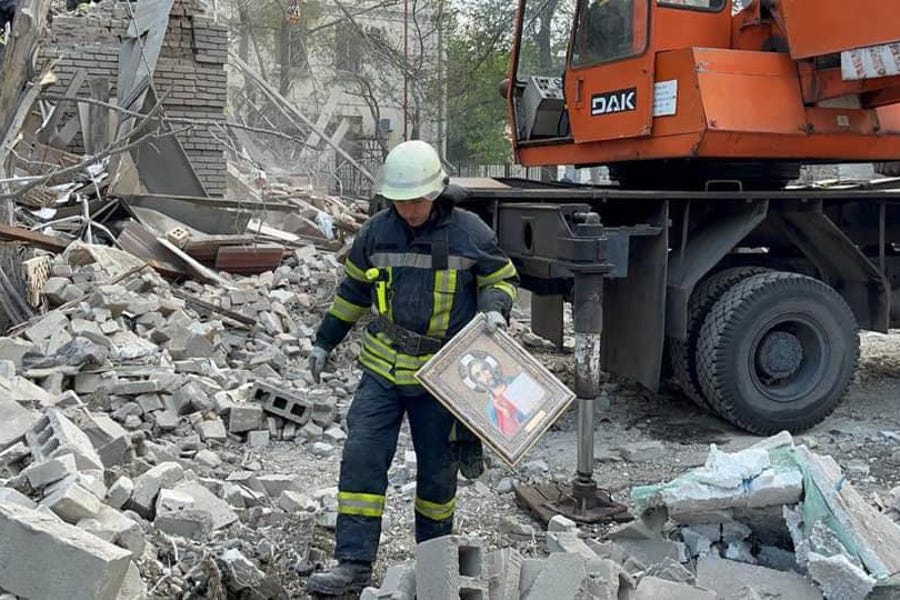Pillar subscribers can listen to this Pillar Post here: The Pillar TL;DR
Happy Friday friends,
And hello from Rome. It has been a very productive few days for us here, checking in with friends and gathering threads on a few stories we’ve been working on in the background for a while now.
It’s also been an important few days for The Pillar. After some serious encouragement from many of you, and seriously encouraging responses to our request to help us bring Edgar Beltrán on full time as our new man in Rome, we sealed the deal this week.
Edgar will be starting properly in a few months, as he and his family sort through the logistical hurdles of moving here, but we couldn’t be happier to have him on board.
I think he’s going to do some very interesting work around here, and when he does it will be thanks to the many of you who helped us make this new role viable — seriously, thank you.
As it happens, we didn’t quite get to where we’d hoped to be before bringing Edgar on full time, but we got very close, and we have learned over the last three years to trust in Providence as we try to make this project grow.
To that end, God has been very generous to us — generous in the encouragement we receive from you guys reading these newsletters and often writing us back, and generous in the prayers and support we receive from friends. A case in point:
On our first night in town, JD and I had dinner with a clerical friend and Pillar reader (in a good way). It was a great evening catching up with him, and with each other, and a very good meal. It was a blessing, really.
Literally, in fact. As we finished up for the night and stood talking on a street corner before heading out in separate directions, we asked our dining companion if he could offer us (JD and me) a blessing before we parted.
It was a spontaneous request, but well received, and our friend was able to come up with a pretty nifty non-liturgical invocation for the two of us, our continued conversion to the Lord’s will, and the sanctification of our partnership.
It lasted no more than 15 seconds, but it was a special moment for JD and me. So, if you’re reading Father, thanks again.
Getting to do what we do is a blessing. Seeing this work grow, little by little, is a blessing, too. I’ve been reminded of all of this a lot this week. And I’ve tried to make gratitude a particular focus of my prayers whenever I’ve ducked into a church.
I’m grateful, too, for those of you who’ve helped bless, sustain, and grow The Pillar these last couple of years. I’ve been praying for you, too, here in Rome.
Anyway, here’s the news.
The News
A Knights of Columbus council in Washington, D.C., has called for mosaics by disgraced artist Fr. Marko Rupnik to be removed from the area’s St. John Paul II Shrine, which is sponsored by the knights.
The resolution cites Sacrosanctum concilium’s exhortation that works of art that are “repugnant to faith, morals, and Christian piety” should be removed from sacred spaces.
Given that Rupnik has been publicly accused of serial, violent, blasphemous, sexual abuse of women religious over decades as an intrinsic part of his artistic process, I can understand why they think it meets the definition of “repugnant.”
You can read the whole story here.
—
When Cardinal Louis Raphaël Sako returned unexpectedly to Baghdad last week, there was one big question: Why?
Why did the head of the Chaldean Catholic Church choose to suddenly end his prolonged protest-by-absence against the government — especially after having just recently canceled Baghdad’s major Easter celebrations?
There are some rival theories: maybe something is about to shift in his relations with the Iraqi president; maybe the cardinal didn’t so much “come back” to Baghdad as get strongly encouraged to leave his home away from home in Kurdistan; maybe U.S. pressure has played a part in all this.
It’s a fascinating analysis. Read the whole thing.
—
A Swiss bishop defended his decision Tuesday to attend his predecessor’s funeral at the seminary church of the Society of Saint Pius X (SSPX) in Écône.
Huonder, who joined an SSPX community after his retirement as Bishop of Chur in 2019, died this month, at the age of 81.
While conscious of the “irregular status” of the SSPX in the Church, his successor, Bonnemain, insisted that he went “in the attitude in which I stand at the grave of every human being. It is not for me to judge the life and work of a person. Only God knows our motives and intentions,” the bishop said.
He also said that it was “high time” the simmering tensions of the polarized diocese were left behind it. “If we in the Catholic Church are not prepared to act in this way, we can no longer speak credibly about reconciliation, peace, and fraternity,” he said.
You can read the whole story here.
—
The episcopal appointment logjam is really starting to back up in Nicaragua.
As Edgar points out in an analysis this week, five of the country’s nine dioceses now has an irregular espicopal situation — three of them are led by bishops in exile.
So what’s the plan, and what’s the government’s play?
—
In a surprise move Wednesday, Monsignor Alberto Perlasca was reappointed as a prosecutor at the Church’s supreme canonical court.
The monsignor was named adjunct promoter of justice at the Supreme Tribunal of the Apostolic SIgnatura, a court at which he served briefly in 2020, before Vatican cops literally removed him from his office in a raid during their investigation into financial crimes at his former department, the Secretariat of State, where he’d been for many years.
As that investigation and scandal bloomed into the landmark trial which concluded last year, Perlasca emerged as the prosecution’s star cooperating witness against his former colleagues, several of whom had some things to say about his own involvement in the crimes for which many of them were subsequently convicted.
It’s been a wild ride from Msgr. Perlasca over the last few years. He’s gone from senior bureaucrat to deputy chief canonical prosecutor, to prime suspect, to star witness, back to prosecutor again.
You can read all about the appointment here.
Jobs for the boys
Quite a few appointments (or supposedly pending appointments) have been causing a buzz around the proverbial curial water coolers this week.
In addition to Perlasca’s return to the Apostolic Signatura as a promoter of justice, there’s been a fair bit of chatter about Pope Francis’ recent decision to move Cardinal Angelo De Donatis from his role as the pope’s vicar for the Diocese of Rome to become head of the Apostolic Penitentiary and the apparently pending appointment of Archbishop Georg Gänswein to be a papal nuncio — though no one seems to know where.
The three appointments (or supposedly pending appointment, in Gänswein’s case) I’ve heard touted by some as unique, and uniquely illustrative of some papal quality or other.
In Perlasca’s case, it shows the pope’s commitment to justice, seeing as the Monsignor was removed from his previous tenure over a criminal matter in which he was not charged and played some significant part in helping resolve.
With De Donatis, it was a gracious act of face-saving for the cardinal who, by common consent, had long ago lost Francis’ confidence in office.
As for Gänswein, a notoriously public critic of the pope, a reportedly pending post as nuncio could be an act of magnanimity, verging on great charity. A nuncio’s post at the far end of the world is still a considerable step up from unemployed and homeless, afterall.
All of these reactions may be accurate, insofar as they purport to see into the pope’s private motivations and intentions. But I think that even if they are, it’s worth pointing out that each of these appointments raises their own rather obvious questions about their suitability— not to say propriety.
It may be superficially “fair” to restore Perlasca to a job he lost over an investigation after which he was not charged. But, even as a cooperating witness, it was left abundantly clear there were other instances of law-breaking during his career which, at the least, should raise questions about his suitability to “promote justice” at the Church’s highest canonical court.
The pope’s current chief of staff and sostituto at the Secretariat of State, Archbishop Edgar Peña Parra will presumably have had knowledge of Perlasca’s return to office.
But the appointment seems to take scant regard of the archbishop’s own scathing conclusion that the last office under Perlasca’s oversight was characterized by officials acting to stone-wall financial oversight, blind-side superiors with last minute decisions, and deploy accounting sleights-of-hand to cover the true state of the department’s financial affairs.
Similarly, whatever benevolent rationale might have motivated appointing Cardinal De Donatis to head the Apostolic Penitentiary, many might query the logic of putting the most public champion of Marko Rupnik in charge of doling out indulgences and forgiving reserved sins under the sacramental seal.
As for Archbishop Gänswein, he has his admirers, to be sure. And there is something magnanimous about the pope (allegedly) finding a job for one of his most prominent critics.
But one would think a senior-rank ambassadorial post an unlikely choice for a man so apparently lacking in discretion and diplomacy as to drop a tell-all book laying out the disappointments of Benedict XVI with his successor virtually during the papal funeral.
All this to say: If these moves are indicators of Francis’ personal largesse towards out of favor erstwhile curial courtiers, well and good.
But, if so, the judgment of a prudent sovereign would, one would hope, outweigh private indulgence in naming people to important positions. To do otherwise risks the appearance of trivializing Church governance to a depressing degree.
Roman holiday
It has been a fairly wall-to-wall working trip for JD and me these last three days, with surprisingly little time for playing in Roman fountains or tooling around on a Vespa.
But even so, it’s hard for us to spend a even few days together and not lapse into a kind of well-worn dynamic.
And, if I’m being honest, while we both sincerely enjoy each other’s company, JD and I are very much an odd couple when we travel.
For example, I try very hard to be as unobtrusive as a 6’2 American can be in Europe, hugging the edge of the sidewalk as we go about and refusing to speak above a whisper, less someone detect that we’re foreign.
JD, by contrast, charges about the city making aggressively friendly eye contact with all and sundry, shaking hands with anyone who doesn’t run away and demanding in a Babel’s pick’n’mix of Latinate languages who they are and how they’re doing.
I’ve tried explaining that he’s actually ineligible to run for mayor, but he persists as if he doesn’t hear me.
He is especially, offensively, dogged in greeting clerics of any kind, even obvious pilgrims, with the excuse that they might become “sources.” Potential channels of information or not, I prefer to let such men eat their breakfast cornetti in peace, and end up apologizing for him once his back is turned.
I truly don’t know if JD takes a sincere delight in the company of baffled strangers, or if his real pleasure is in making me wildly uncomfortable.
It might be the latter. And his tendency to scatter a trail of phone, wallet, passport, and assorted other important items in his wake around town might be for the playful benefit of my own neuroses.
I suppose, if he is playing a game with me, he has his reasons, and I probably have my own little ticks that grate on him. More than once I caught him surreptitiously rolling his eyes at the color of my socks or muttering “Well I’m not wearing a tie” under his breath.
But the real truth is, there are few cities more reflexively hospitable to pilgrims, tourists, and other visitors. (Apart from the Byzantine unwritten rules around when, where, and under what circumstances you can hail a cab without offending the taximan’s dignity.)
And, however light a personal cultural footprint I prefer to leave, Rome is the only European city where “American” isn’t pronounced by the locals with acidic contempt.
It makes it very easy for me, painfully self-conscious traveler that I am, to feel comfortable here.
See you next week,
Ed. Condon
Editor
The Pillar





